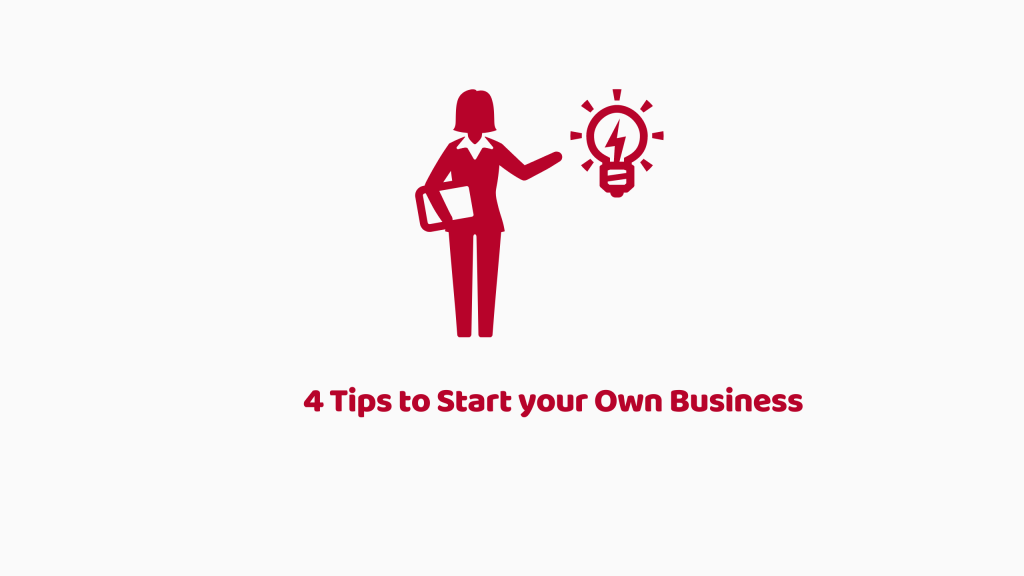More and more people are shifting to self-employment. After all, who doesn’t love being their own boss? Around 4.96 million people are starting their own business between April and June 2019. That’s because people like the idea of having some leisure time. Working for a company gets a bit more demanding.
Self-employment is not easy. You control time, but there are a lot of responsibilities at your hands. You’re managing all that on your own. For instance, if you are running a business, you need to exert effort to manage your sales and business taxes.
Here are the top 5 tips you need to know to become self-employed in the UK:
1- Consider all the Pros and Cons
You need to spend more time, effort, and resources for starting your own business.
Paid holidays, sick leaves, and vacations are some benefits you might miss out on when starting your own business. Think and plan how you’ll cope with that loss. There’ll be miss opportunities and a lot of disappointments too.
2- Ask Yourself the Right Questions
To help you decide whether self-employment is for you, ask yourself these questions:
- Do I have enough savings to start my own business or freelancing careers?
- Do I have the right space where I can work and the right equipment to use?
- Do I have the required knowledge and dedication to build my startup?
- Can I handle managerial and administrative tasks?
- How can I get clients?
- Can I manage my revenue and taxes?
- How can I register as self-employed?
Once you have decided and are determined enough to become self-employed, you need to register yourself with Her Majesty’s Revenue and Customs (HMRC). When you register, you need to provide specific information about yourself and your business, including your complete name, date of birth, address, contact number, email address, National Insurance Number, and starting date of your business. Most importantly, you need to indicate the name of your business.
Registration for self-employment is open for your business’s second tax year any time up to October 5. In the UK, the tax year runs from April 6 to April 5. If, for example, you opened your business in January 2020, then you have until October 2020 to register. If you opened your business in September 2020, then you have until October 2021.
3. Sort Out your Insurances
As a self-employed individual, you need to pay your insurance yourself. You’ll also need National Insurance to contribute to your annual profits.
If you’re earning £6,365 or more per year, you’ll be classified as a Class 2 NI contributor. This way you’re obligated to pay £3 a week. However, if you’re earning £8,632 or more per year, you will be classified as a Class 4 NI contributor. You’ll need to pay 9 percent of your income. The rate is 2 percent if you are earning over £50,000.
4. Manage Your Own Taxes
You’ll have to figure out the finances yourself as a boss. Talk about drowning in profit and loss statements each year. File your tax returns and submit correct information and documents to the HMRC. Some self-employed people manage to do this themselves, but many struggles.
Ensure that your taxes are correctly paid and documented, consider hiring accountants in UK to help you out. A tax consultant will not just help you with finances, but help you save your money as well.
Conclusion
Being self-employed is not as easy as what most people think. You will need to manage your own business, get clients and business partners, create sales and marketing plans, and look over your finances and taxes. Before you decide to register as self-employed, evaluate yourself and resources first to find out whether you can handle everything on your own.
If you are looking for fixed-fee accountants in UK, get in touch with us today. Our professional Accountants will help manage your finances effectively so that you can focus on business growth.





















































